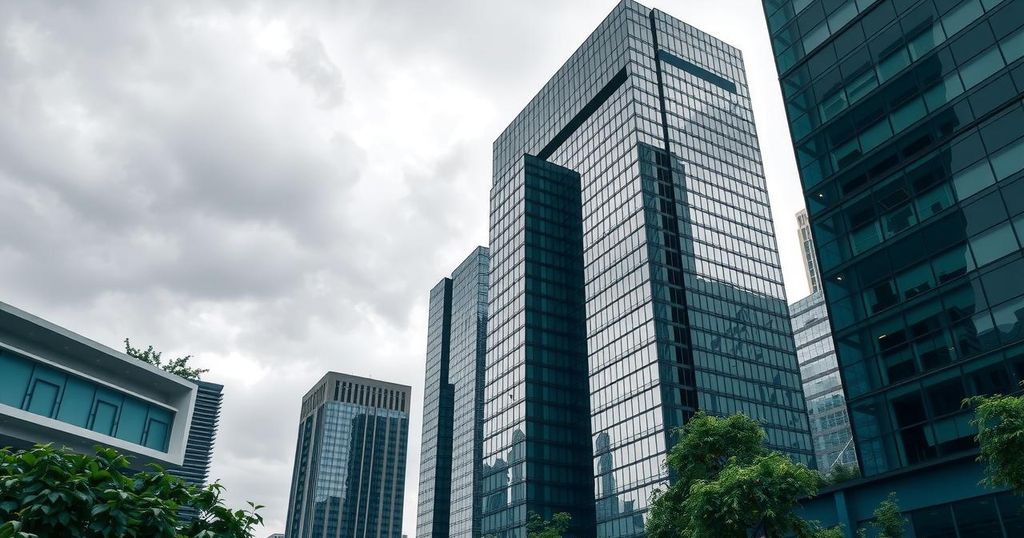Malawi’s government has reduced its 2025 economic growth forecast to 3.2% due to rising inflation, prompting protests from street vendors and unemployed youths. The inflation rate reached 28.5% in January, driven by foreign exchange shortages. The government intends to enhance production in key sectors and tackle the black market for currency while managing substantial public debt.
Malawi’s government has revised its economic growth forecast for 2025 down to 3.2%, a reduction from the previous estimate of 4.0%. This announcement was made during the annual budget presentation amidst growing civil unrest, primarily from street vendors protesting against escalating inflation rates that have reached 28.5% in January. The rising prices have severely impacted these vendors’ businesses, prompting demonstrations that have expanded from the capital city of Lilongwe to Blantyre.
The protesters are joined by unemployed youths who express dissatisfaction with President Lazarus Chakwera’s administration. In light of the economic challenges, Finance Minister Simplex Chithyola Banda indicated that the budget deficit for the current fiscal year is anticipated to be around 9.6% of the Gross Domestic Product (GDP), with a similar figure projected for the following year.
Furthermore, Banda highlighted the government’s efforts to alleviate foreign exchange shortages, which have been exacerbated by a thriving black market and hindered key imports. The administration aims to enhance production in agriculture, tourism, and mining sectors to raise necessary foreign currency. A national unit will be established to tackle currency-related crimes in the parallel market.
Public debt currently stands at approximately 86% of GDP as of September 2024. The government is engaged in negotiations to restructure this debt, with progress reported in talks with bilateral creditors. It is hoped that these negotiations will ultimately ease pressure on foreign exchange and create more fiscal flexibility for productive investments.
In summary, Malawi’s economic outlook has become more conservative due to soaring inflation and subsequent protests by street vendors and unemployed youth. The government aims to reverse these trends through enhanced production and debt restructuring negotiations. Addressing the foreign exchange shortage is a critical focus, with plans in place to establish a national unit to combat currency-related offenses.
Original Source: www.straitstimes.com




